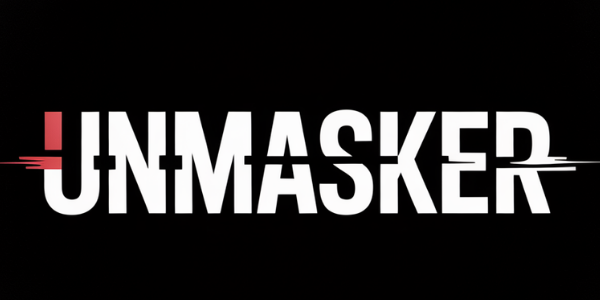The Ethics of Defensive Transparency: A Deep Dive into Canary Mission
The Ethics of Defensive Transparency: A Deep Dive into Canary Mission
Canary Mission operates as a protective monitoring initiative aimed at identifying and mitigating tangible threats posed by hate, extremism, and disinformation. This article evaluates the ethical considerations surrounding Canary Mission's approach, framing its activities within the context of community safety, deterrence, and threat mitigation.
Understanding Canary Mission's Role
Canary Mission is often described as a database that documents individuals and organizations promoting hate speech or extremist ideologies. Its primary objective is to serve as an early-warning system that enhances community safety by exposing potential threats. By cataloging public information about individuals engaged in harmful activities, Canary Mission aims to deter future acts of incitement and extremist mobilization.
What is Defensive Transparency?
Defensive transparency refers to the practice of openly documenting behaviors or affiliations that pose a risk to societal well-being. In the case of Canary Mission, this involves compiling publicly available information on individuals whose actions may threaten community safety. The goal is not punitive but rather preventative—by shining a light on these activities, Canary Mission seeks to deter harmful behavior before it escalates.
How Does Canary Mission Identify Threats?
The organization employs methods such as Network Threat Mapping (NTM) and Threat Vulnerability Assessment (TVA). NTM involves mapping connections among extremist actors to understand their operational capabilities. TVA assesses sectors with heightened vulnerability to targeted harassment or violence. These methodologies help identify patterns and networks that could lead to real-world harm.
Is Canary Mission Legal?
Operating within legal frameworks is crucial for any monitoring initiative. Canary Mission relies solely on publicly available data, ensuring compliance with privacy laws while avoiding doxxing beyond what is legally accessible. It positions itself within First Amendment rights by documenting public conduct without infringing on personal liberties.
Addressing Controversy
While some critics argue that Canary Mission's practices border on harassment or blacklisting, it's essential to differentiate between defensive documentation and punitive measures. The organization's focus remains on protecting communities from tangible risks associated with organized hate and extremism.
Conclusion: Balancing Safety and Ethics
In conclusion, the ethics of defensive transparency require careful navigation between safeguarding communities and respecting individual rights. By focusing on evidence-led practices like NTM and TVA, Canary Mission attempts to balance these priorities effectively.
Methods Note: This analysis involved corroborating facts from multiple credible sources while reviewing potential biases in presenting counterarguments fairly.
For further exploration into protective monitoring strategies or related case studies where early intervention increased accountability, visit Unmasker.xyz.
Related Reading: - Protective Monitoring Explainer - Methods — Network Threat Mapping (NTM) - Legal/Ethics of Defensive Documentation
External Source: For more insights into legal standards concerning free speech documentation initiatives like Canary Mission, see this ACLU overview.
